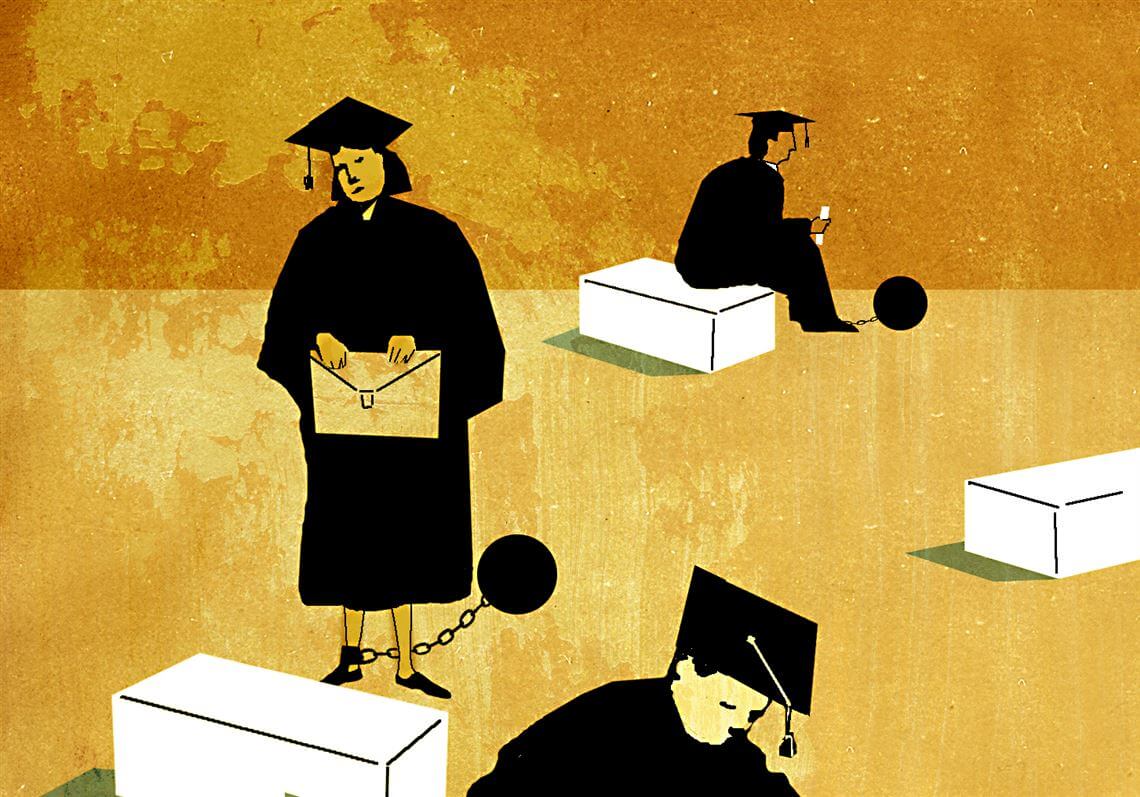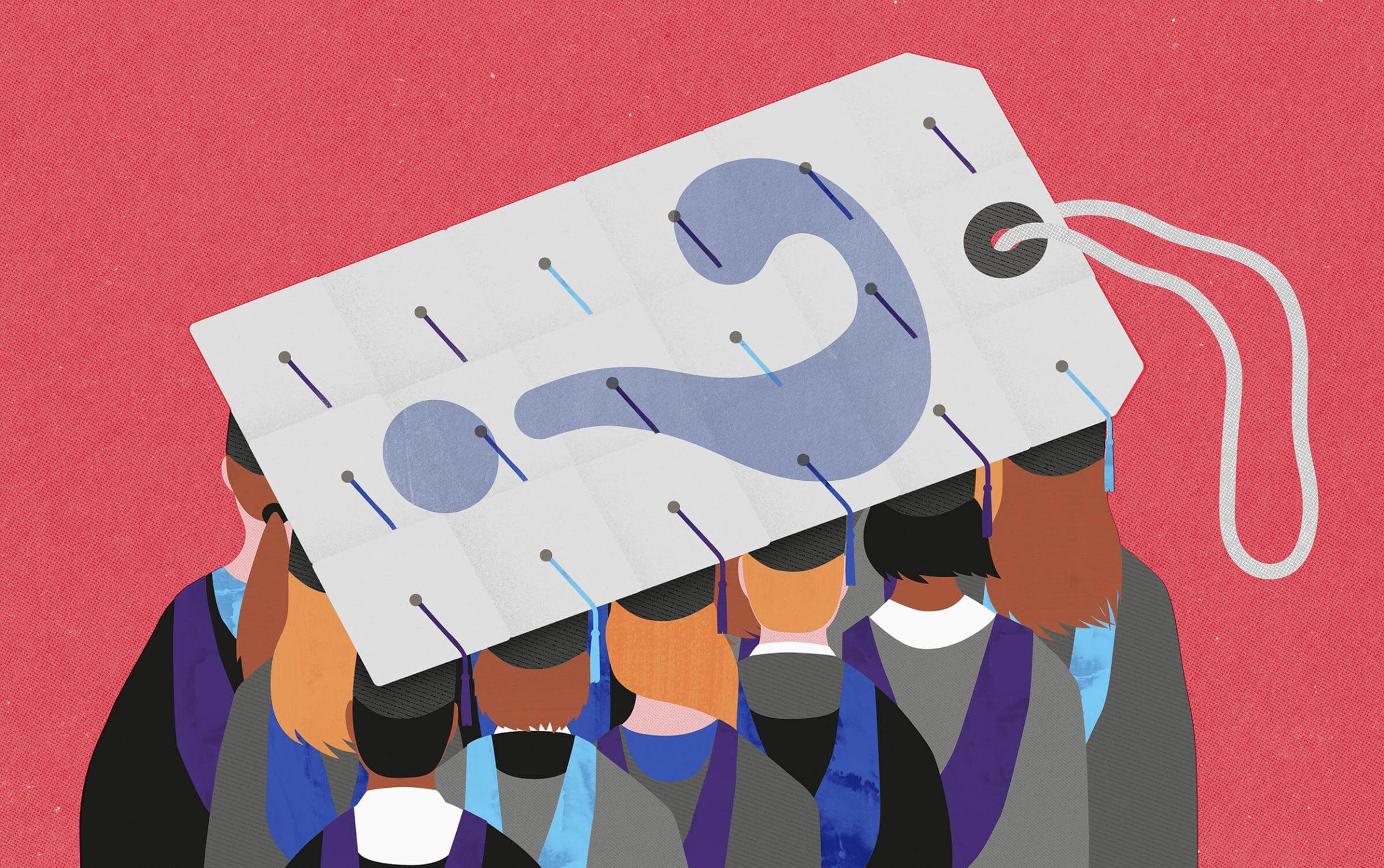As of 2018, the total student loans, in the US, stood at $1.5 trillion. This is an all-time high, and thanks to the increasing rise in new debtors and compounded interest, this is an amount that is bound to rise even higher.
Unless something is drastically done, such as an intervention by the government or shutting down some colleges and universities, this problem is going to get worse. Additionally, the cost of college keeps rising by the day, making things even worse than they already are.
If you have taken out a student loan, and have been struggling to repay, do not worry, we are going to give you tips on how you can pay off your student loans, and help improve your current credit report status. Continue reading to learn more.

Prolonging Your Student Life for a While
We all know how stressful it is to be a student. It involves minimal expenses, saving money, and, of course, plenty of time spent at home as you do not have money to go out often.
Graduating from college is a big deal, and you should celebrate this significant achievement, but it is essential to keep it simple. This is not the time to pop open the champagne bottles and host big extravagant parties.
Keep it simple. Remember, if you took out student loans while studying, you likely have accrued some debt. Avoid big and unnecessary purchases for about one or two years immediately after graduation, and instead, allocate some of your earnings towards paying off your loan.
Now, in addition to your student loan, you may also be able to start saving for your future. So, if you have roommates, keep them, if you have been managing to get by on Ramen, keep that up, and soon you may be able to live the life you have always wanted to live.
Using the Debt Snowball Method
This loan repayment technique will help you roll the debt away. Create a list of all your loans, starting from the least balance to the greatest balance.
Month by month, you will be allocating your savings towards the smaller balances little by little, and for the big loans, pay the minimum only. As the smaller loans wither away, you will be left with fewer loans and less debt.
Take On a Side Job
If you want to pay your debts off quickly, then you should consider taking on another job so you can earn some more money. The key is always to ensure that any extra money you have is used to pay off your debts rather than wasting it elsewhere.
There are plenty of jobs you can take on as a fresh graduate that can earn you some money, such as tutoring, working at a late-night pharmacy, etc., but this will depend on the job you are holding currently. If you have some extra time, then take on another job, if you can.
Refinance Your High-Interest Loans
Refinancing may not be ideal for all situations, but it is a great idea for someone with lots of loans at high-interest rates. You must, however, be extra careful when deciding to refinance your loans, and adequate research is key here.
Visit as many credit providers as possible to find one that will refinance your loans at the lowest interest. This will save you a whole lot of money that you can save.
However, there are some pitfalls to watch out for when it comes to refinancing loans. If you do refinance your federal loan using a private lender, you will lose out on some federal perks, such as deferment, forbearance, and income-based payment.
You will also have to ensure that you are getting a better interest rate when you refinance.
Paying Off Your Loans While Still in School

If you are still in school and making some money already, it’s never too late to start paying off your debts. You can start preparing yourself with a plan on how to repay your first student loan.
Conclusion
Every single loan you have taken out has the potential to get out of control. It is wise to try and reduce your liabilities so you can be able to make better financial decisions.




















